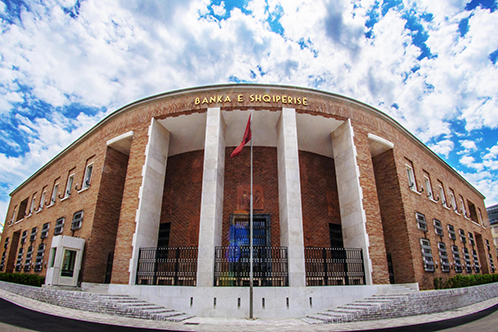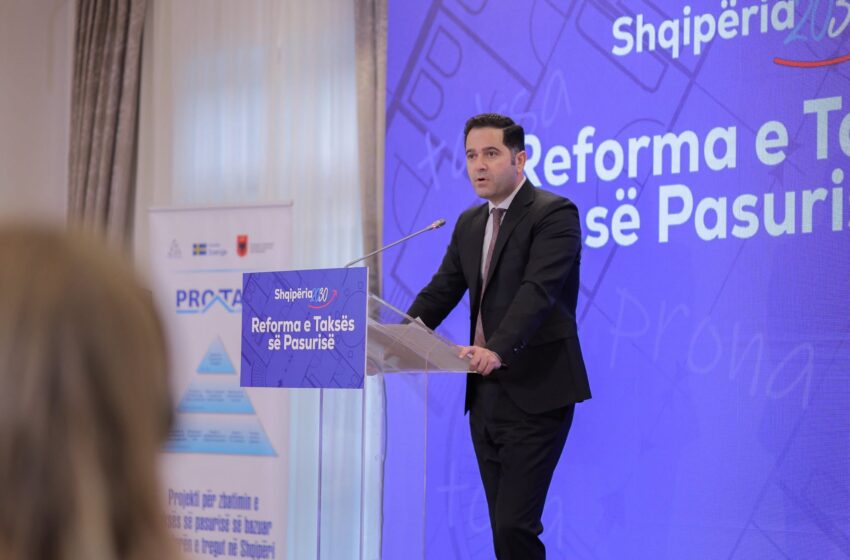Bank of Albania increases Liquidity Injection in Q2 2024

Photo: Bank of Albania
The Bank of Albania has actively intervened in the market, purchasing €137.60 million and significantly increasing the average liquidity injected into the financial system during the second quarter of 2024. This move aligns with the bank’s objective to strengthen the country’s foreign reserves and stabilize the financial system. The central bank’s interventions, particularly in the foreign exchange market, reflect its commitment to maintaining economic stability in the face of global financial uncertainties.
Why does it matter: The Bank of Albania’s decision to increase liquidity injections and purchase euros is directly tied to its efforts to stabilize the exchange rate, particularly given the recent strengthening of the lek. In the past months, the euro/lek exchange rate has shown considerable movement, with the lek appreciating against the euro, which can create challenges for exporters and influence price stability. By intervening, the central bank aims to prevent excessive volatility in the exchange rate, providing clarity and predictability for businesses reliant on currency stability for planning and investment decisions. Additionally, liquidity injections help stimulate economic growth by ensuring that banks have sufficient funds to lend to businesses and consumers. By maintaining liquidity and stabilizing the currency, the Bank of Albania is creating a more favorable environment for sustainable growth.
In the second quarter of 2024, the average daily liquidity injected into the market by the Bank of Albania through operations with a maturity of 1-13 weeks doubled to 44.55 billion lekë, up from 22.70 billion lekë in the previous quarter. This increase demonstrates the Bank of Albania’s proactive approach to ensuring sufficient liquidity within the financial system.
To further support this, the Bank conducted seven foreign exchange auctions, of which three were forward agreements and four were spot transactions. Forward agreements allow the bank to buy euros at a predetermined rate for a future date, providing stability against potential market fluctuations. Spot transactions, on the other hand, involve buying euros at the current exchange rate.
The interventions have had a notable impact, with a total of 137.60 million euros purchased. These efforts not only increase liquidity but also help stabilize the currency, protect the economy from external shocks, and meet the bank’s monetary policy goals.


